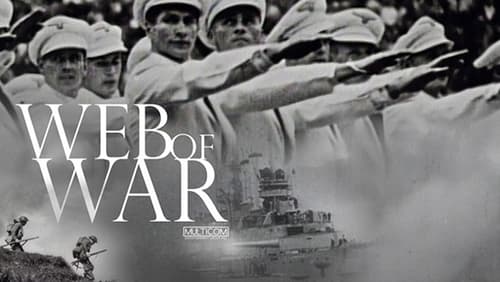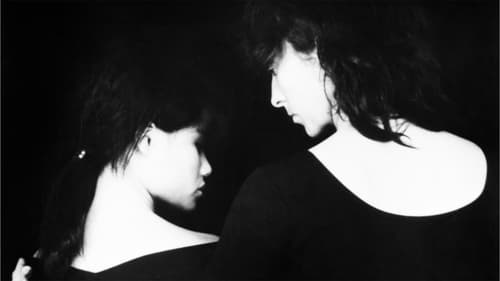
Self
Reveals the courageous lives of pioneer camerawomen from Hollywood to Bollywood, from war zones to children’s laughter, in a way that has never been seen before. Based on a book by Alexis Krasilovsky, the film tells the stories of camerawomen surviving the odds in Afghanistan, Australia, Canada, China, France, Germany, India, Iran, Mexico, the U.S. and other countries, as well as exploring their individual visions.

Director of Photography
A documentary history of lesbianism in North American and Europe, with historic references, archival material, film clips, interviews with many women - famous and not-famous witnesses and players - who clearly remember a difficult, painful, and often downright dangerous past.

Cinematography
The stories of the battles that brought together a Polish cavalry officer, a Canadian captain, and a polish underground member are told by the very same Canadians who survived them.

Director of Photography
This documentary features Black women active in politics as well as community, labour and feminist organizing. They share their insights and personal testimonies on the double legacy of racism and sexism, linking their personal struggles with the ongoing battle to end systemic discrimination and violence against women and people of colour.

Director of Photography
Produced in 1988, this feature documentary presents a living history of Quebec's last 40 years as seen through the eyes of one couple. Pauline Julien and Gérald Godin, two Quebec artists, share their perspectives on the events that have marked Quebec's evolution. Julien, a singer, and Godin, a poet, express their love and passion for the province (and each other) while providing a unique take on the Quebec nationalist movement.

Director of Photography
This short film recreates the experience of Sylvie, a battered woman who seeks shelter in a Montréal transition house. Faced with the threat of violence, loneliness, the lack of financial resources or information about services, the victim is often understandably reluctant to seek help. Emphasizing the importance for women of speaking out, the film also points out the role of the transition house in putting victims of abuse in touch with appropriate legal and social services.

Director of Photography
The short documentary looks at some innovative approaches to providing services and accommodation for battered women in rural, northern, and Native communities. Filmed in Thompson and Portage La Prairie, Manitoba, and West Bay Reserve, Ontario, the film introduces the women who operate and use various types of accommodation such as transition houses, transition apartments, and safe houses. The shelter on West Bay Reserve is singled out as a project that was built by women for women to stand as a reminder that the Reserve will not tolerate violence against women. A Safe Distance is part of the The Next Step, a 3-film series about the services needed by and available to battered women.

Assistant Camera
Women have always sought ways to terminate unwanted pregnancies, despite powerful patriarchal structures and systems working against them. This film provides a historical overview of how church, state and the medical establishment have determined policies concerning abortion. From this cross-cultural survey--filmed in Ireland, Japan, Thailand, Peru, Colombia, and Canada--emerges one reality: only a small percentage of the world's women has access to safe, legal operations.







